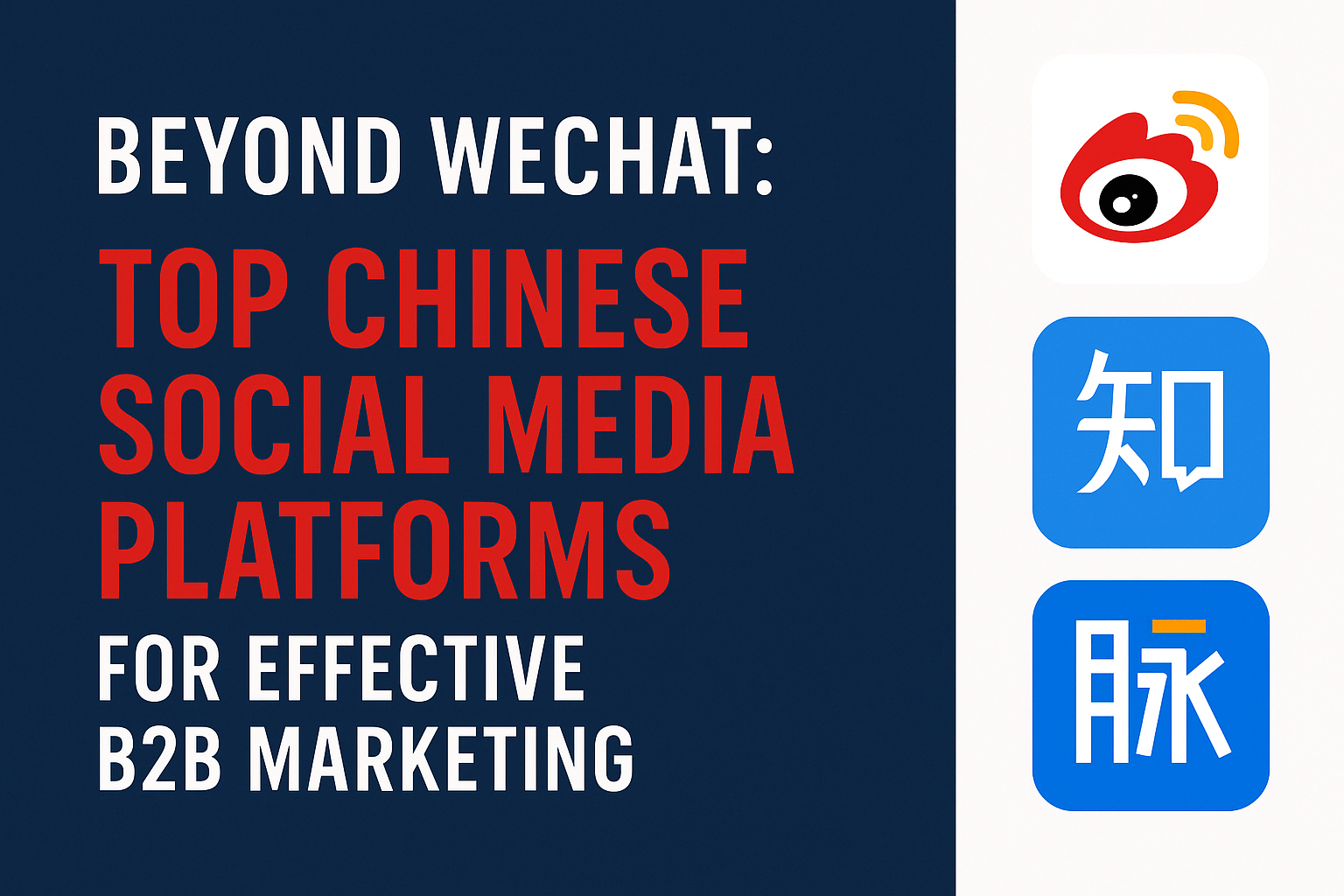China Drafts New Rules to Control Notifications and Pop-ups
Context: The proposed rules appear to be part of a larger attempt in China to “clean up” its online content offerings. Notifications and pop-ups have been accused of being abused by Chinese IT businesses, who have been accused of utilising them excessively to push commercial promotions or sensational material.
Why it matters: Notifications and pop-ups are commonly used by Chinese tech companies to market their services. New laws restricting their use could damage companies like Baidu, Tencent, and Meituan, who rely on them to market their products and make money through adverts.
- The draft rules require service providers to not “abuse” notifications and pop-ups to sensationalize trending social issues or entertainment topics.
- Notification and pop-up pushing service providers must publish content that adheres to the government’s “core values.”
- Advertising via pop-up windows would be required to show a visible close button and carry a clear notice to users about the paid nature of the content.
- Service providers that don’t qualify for an internet news license would be barred from pushing news notifications and pop-ups.
Link: https://technode.com/2022/03/03/china-drafts-new-rules-to-control-notifications-and-pop-ups/
China’s Viral Metaverse Social App Zheli on a Roller Coaster
In less than a month, China’s metaverse-like social app Zheli surpassed WeChat as the most popular free app on Apple’s App Store. How do you explain your success?
Gen-Z’s new demand in virtual socializing: WeChat has dominated most online social scenarios in China for years. However, the platform’s blurring line between work and life, as well as its increasingly powerful enterprise features, erode the sense of intimacy. Zheli was attempting to blend in there. It aspires to provide a unique virtual place for close friends, where Gen-Z, who grew up in the digital age, feels most at ease and free to be themselves. Furthermore, Zheli provides its customers with the company of their dearest friends 24 hours a day, seven days a week. They’re always there, and everyone is kept up to date on one other’s daily activities, which is especially important in the aftermath of a pandemic.
This new platform was overloaded by unexpected demand, and users complained about inconsistent internet connections and frequent crashes. They suspended user registration on February 16 and chose to take use of the opportunity to correct bugs and improve user experience.
This so-called “China’s first metaverse social app” sparked a debate over how to strike a balance between immersive, realistic virtual experiences and privacy and copyright infringement.
The elements of the parallel actual world, in other words, data, must be used to create an immersive and realistic virtual reality. Everyone’s everyday life is distinct in many aspects, from dressing style to lifestyle. In the metaverse, private information is exchanged for a tailored setting that makes one feel accepted and comfortable. Is that an agreement that everyone would be happy with?
Link: https://daoinsights.com/works/chinas-viral-metaverse-social-app-zheli-on-a-roller-coaster/
Kuaishou To Ban External Links to Taobao and JD.com From Its Live Stream
External links to Taobao (owned by Alibaba) and JD.com, China’s two largest e-commerce sites, will be withdrawn from Kuaishou’s live streaming rooms soon.
As of Q4 2021, Taobao will lose access to all social commerce channels on the platform, which has over 410 million monthly active users.
Because live streaming events are the most popular form of online engagement, the decision will reduce Taobao and JD.com’s principal source of online traffic. The decision is motivated by a desire to create a closed-loop e-commerce system, as seen on all of China’s major video-sharing platforms.
In comparison to its rival Douyin, which had already tapped into this in 2020, this was a late move. This is another example of how, as China’s short video industry matures and user numbers stagnate, social commerce has become a new battleground for video-oriented platforms.
Low-budget CNY Campaigns
“The most practical strategy of good CNY marketing is to find the most significant, overlapping resonance point with the emotion of Chinese New Year and brand characteristics.”
- A playful approach incorporating name/logo/brand hero and the festival theme
- Make the distance between CNY and family shorter and homier
- Fun experience
- Pick cool partner
- Following the same CNY theme is also a very good choice
Link: https://mp.weixin.qq.com/s/8CtI5R0PxMsZhQo4vEJ7uQ
Douyin Advertising: a Step by Step Guide
Nearly half of the Chinese population uses Douyin daily (600 DAU). ByteDance is a global leader in recommendation algorithms.
Douyin users also show the highest advertising receptivity among all leading social platforms. For example, 43% of users indicate that Douyin ads are easy to accept, sometimes even entertaining to watch.
Link: https://mp.weixin.qq.com/s/LZ-baLoyevrkMbbaoe9DIQ
Fjord Trends 2022
Accenture’s Fjord Trends 2022 present a tale about people and their interactions with the environment, technology, brands, and one another. The main topic is the necessity to adapt to changes in all relationships, which are the threads that weave the new fabric of life together.
Come as you are: This phenomenon has side-hustles as a feature, a cause, and a symptom. Technology is making it simpler to find new sources of income, either in addition to or instead of traditional work. Employers have additional problems as a result of this, as they must balance the flexibility they provide to people with the demands of the company as a whole and work toward the greater good of the business in order for creativity, diversity, and trust-building to thrive.
The end of abundance thinking: Having recognized the interconnectedness of everything, organizations will have to start collaborating with others in the ecosystem to tackle climate change—the most pressing challenge.
As the role of abundance thinking in business is thrown into doubt, “less” doesn’t have to mean “loss”.
The next frontier: It’s possible that we’re on the verge of a new cultural age. If this is correct, the metaverse will be linked to this cultural transformation. Whatever happens, the metaverse has limitless potential as a daring new environment for businesses to explore, test, and create, all of which makes it incredibly intriguing.
This much is true: Brands must navigate limited space for information layers and people’s limited attention span. The layers must be simple and easy to use, personalized, transparent and contextual to place, interface and people’s ever-changing modes. The content design will be key, and we expect conversational AI to evolve both in ambition and sophistication.
Handle with care: Care has always been a vital aspect of being human, but it’s become more apparent and openly acknowledged in recent years, which is a great change. Designers and organisations alike must create space for exercising care—talking about it isn’t enough. The goal should be to design and build caring into systems consciously.
Link: https://www.accenture.com/_acnmedia/PDF-169/Accenture-Fjord-Trends-2022-Full-Report.pdf



